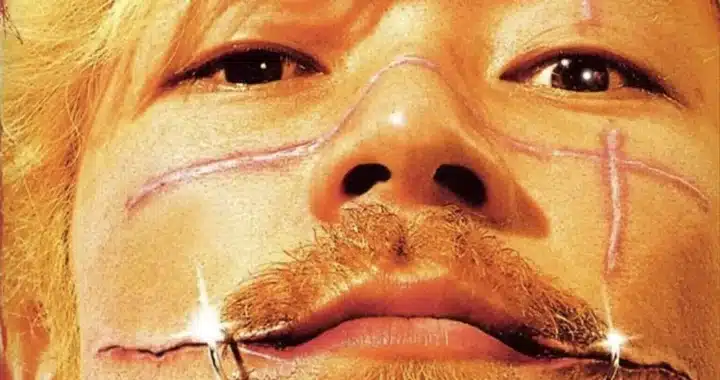
Ichi the Killer’s Scar Couture
Ichi the Killer transcends gangster archetypes, becoming a model of how agony can be elevated to art and self-destruction a powerful form of self-expression.

Ichi the Killer transcends gangster archetypes, becoming a model of how agony can be elevated to art and self-destruction a powerful form of self-expression.
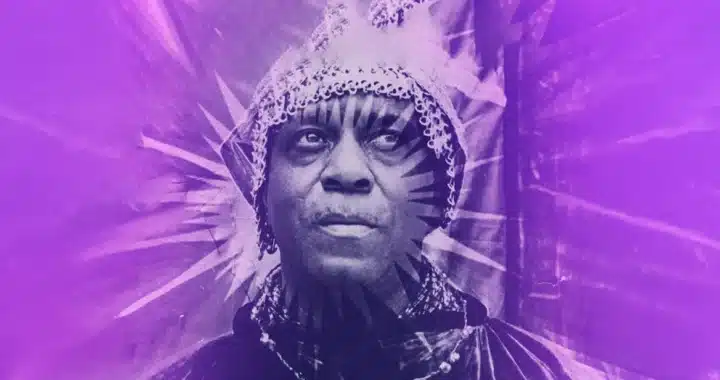
In its gorgeous embroidery of color, sound, and thoughtful reflection, Sun Ra documentary Do the Impossible achieves the seemingly impossible.

To experience restored silent films – even just salvaged bits of them – is to be dazzled and intrigued by a window into the past and to be lit by a desire to see more.
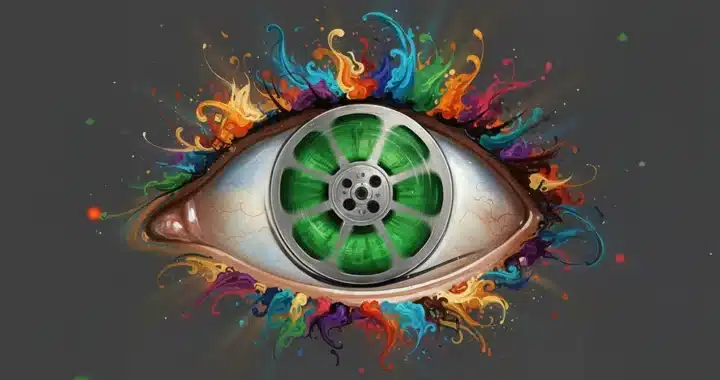
As surely as “Dumpuary January” follows the fall awards season, a new year brings a slew of anticipated films. If the industry is in trouble, nobody has told these directors.
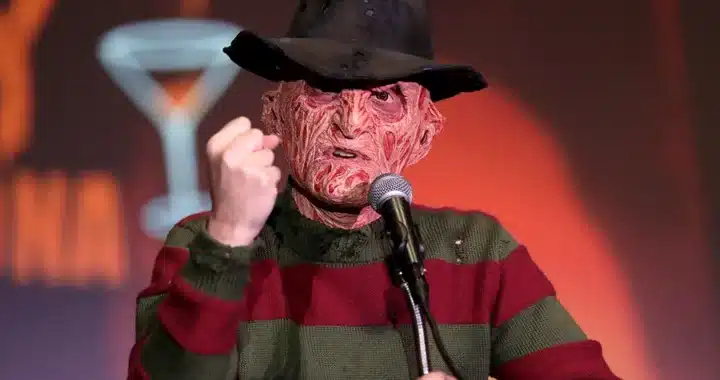
In Wes Craven’s horror films, the victim is linguistically trapped before being physically pursued – conversation itself becomes the killing ground.
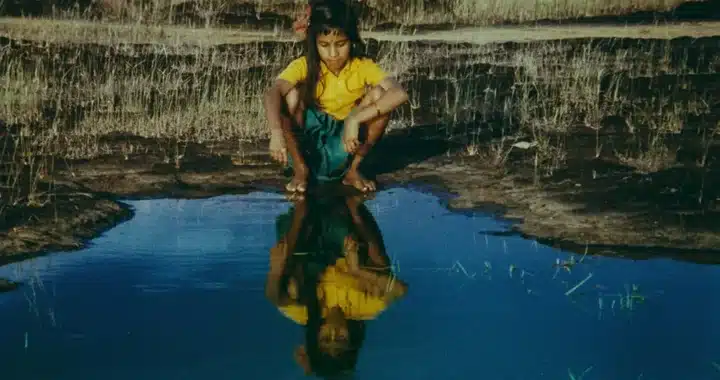
All the films in Martin Scorsese’s World Cinema Project No. 5 showcase filmmakers whose output deserves restoration, but Kummatty offers the most direct and unapologetic sensual pleasures.

Activist-cum-stand-up comedian Noam Shuster-Eliassi documentary Coexistence, My Ass! makes it painfully clear how complicatedly funny/not-funny coexistence can be.

The French were making their own postwar brand of dark, downbeat, terse, vivid, chic, and cynical criminal melodramas before anyone ever heard the term “French Noir”.

The Tron film series is more than a sci-fi adventure: it is a modern, neon-drenched reinterpretation of Hellraiser‘s horror mythos but with a more family-friendly vibe.

Capitalism’s moral rot is tracked in three NYC films: from heroin dealers who risk arrest to insider traders who risk indictment to men in masks who risk nothing at all.

To Save and Project’s 2026 offerings include an early talkie that rivals Alfred Hitchcock and an overall fascinating glimpse of film and real history.
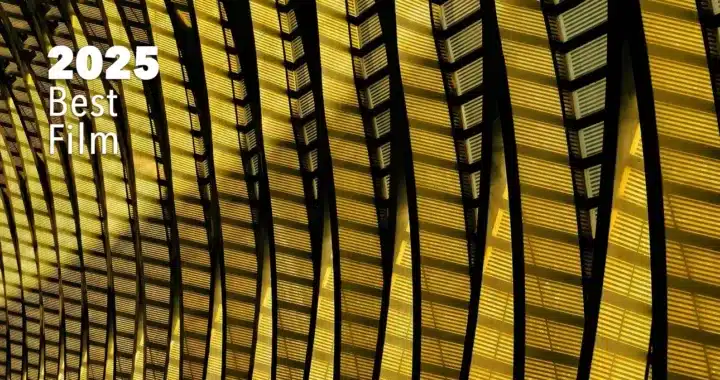
Like life itself in these times the visceral, the absurd, and the morbid all take their rightful place in our eclectic compilation of Best Films 2025.